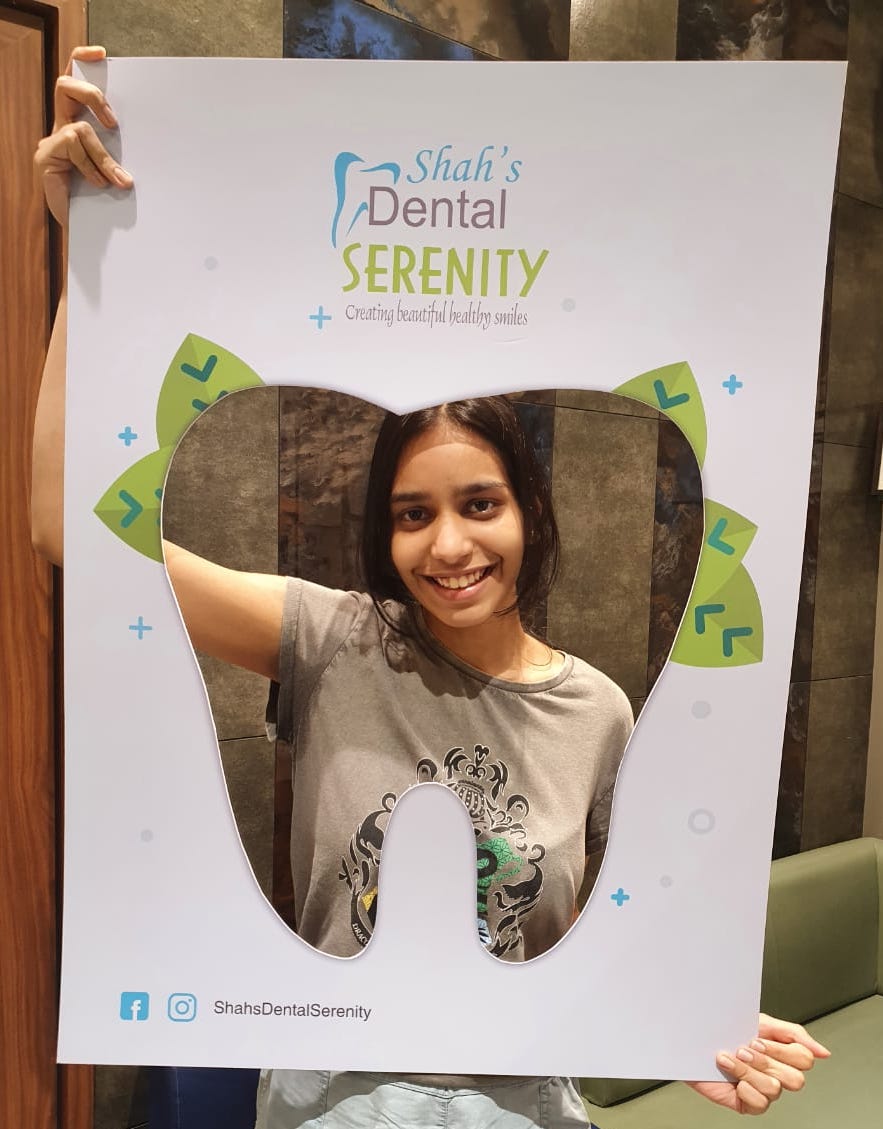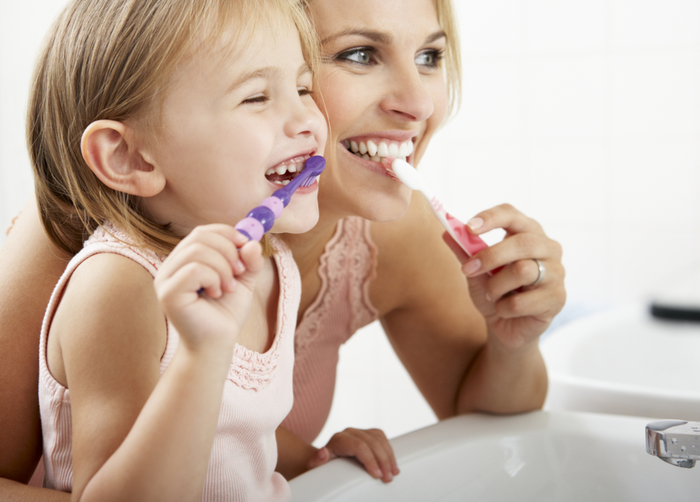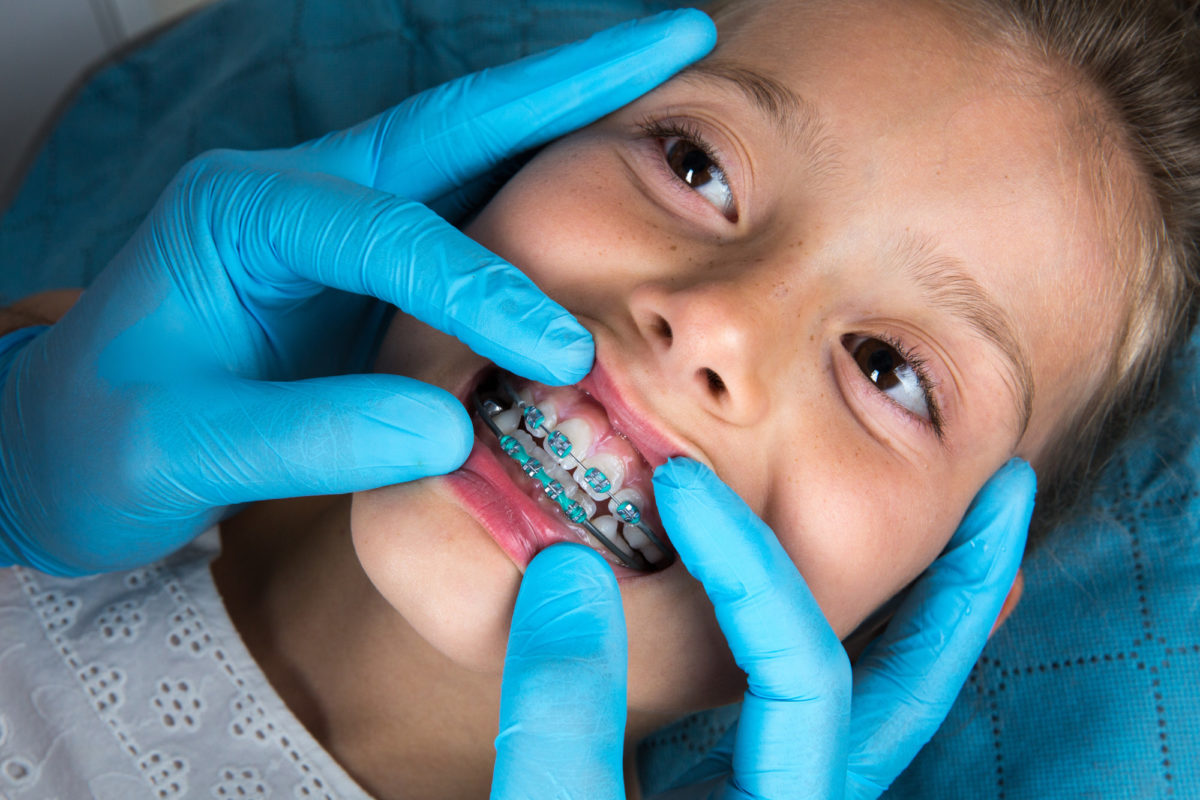How to Teach Children to Take Care of Their Teeth at Home
Good oral hygiene is an essential aspect of overall health, and it is important to start practicing good habits at a young age. Teaching children to take care of their teeth and gums can help prevent cavities, gum disease, and other oral health issues. Establishing healthy habits early on can also set the stage for a lifetime of good oral hygiene.
In this article, we will discuss the basics of good oral hygiene for children, provide tips for teaching children to take care of their teeth, address common challenges that parents may face, and touch on additional factors to consider. By following these tips and establishing good habits, you can help your child maintain a healthy and happy smile for years to come.
The Basics of Good Oral Hygiene for Children
A. Proper Brushing Techniques
Brushing is the cornerstone of good oral hygiene, and it is essential to teach children how to brush their teeth properly. Young children should be supervised while brushing their teeth to ensure that they are brushing all surfaces of their teeth and using the correct technique. Here are some tips for proper brushing:
- Use a soft-bristled brush and fluoride toothpaste
- Brush for two minutes, twice a day
- Brush all surfaces of the teeth, including the fronts, backs, and chewing surfaces
- Use a circular motion to brush the teeth
- Hold the brush at a 45-degree angle to the gum line
B. The Importance of Flossing
Flossing is another important part of good oral hygiene that is often overlooked. Flossing helps to remove plaque and food particles from between the teeth and along the gum line. Children should be taught to floss once a day, preferably before bedtime. Here are some tips for flossing:
- Use a piece of floss that is about 18 inches long
- Wrap the floss around the index fingers and hold it tightly
- Gently guide the floss between the teeth
- Use a back-and-forth motion to clean the sides of each tooth
- Curve the floss around the base of each tooth to clean along the gum line
C. Mouthwash and Other Dental Products
Mouthwash and other dental products, such as fluoride treatments and sealants, can also help to promote good oral hygiene. Mouthwash can help to freshen breath, kill bacteria, and prevent cavities. Fluoride treatments and sealants can help to strengthen and protect the teeth. However, it is important to note that these products should not be used as a substitute for proper brushing and flossing.
By teaching children proper brushing and flossing techniques and introducing them to dental products that promote good oral hygiene, you can help them establish healthy habits that will last a lifetime.
Tips for Teaching Children to Take Care of Their Teeth
A. Make It Fun and Engaging
Children are more likely to adopt healthy habits if they enjoy them. Making dental care fun and engaging can help to encourage children to take care of their teeth. Here are some tips for making dental care fun:
- Let children choose their own toothbrush and toothpaste
- Play music or sing a song while brushing
- Use a timer or app to make brushing more interactive
- Use sticker charts or other incentives to encourage good oral hygiene
B. Set a Good Example
Children learn by example, so it is important for parents to model good oral hygiene habits. Parents should brush and floss their own teeth in front of their children and make dental care a priority in their own lives.
C. Create a Routine
Establishing a routine for dental care can help to make it a habit. Try to make brushing and flossing a part of your child’s daily routine, such as right after breakfast and before bedtime.
D. Reward Good Behavior
Positive reinforcement can be a powerful tool for encouraging good oral hygiene. Rewarding children for brushing and flossing their teeth can help to reinforce good habits. Consider offering small rewards, such as stickers or a special treat, for good behavior.
By using these tips, parents can help to make dental care fun and engaging for children and establish healthy habits that will last a lifetime.
Dealing with Common Challenges
A. Teething
Teething can be a challenging time for both parents and children. Here are some tips for dealing with teething:
- Provide a clean, cool object for your child to chew on, such as a chilled teething ring or a damp washcloth
- Use a clean finger or damp cloth to massage your child’s gums
- Offer your child soft, cold foods like yogurt or applesauce
- Consult with your child’s dentist or pediatrician about using pain relief medications or teething gels
B. Braces or Other Orthodontic Treatments
If your child needs braces or other orthodontic treatments, it is important to continue to practice good oral hygiene. Here are some tips for caring for braces:
- Brush and floss regularly, taking care to clean around the brackets and wires
- Use a water flosser or interdental brush to clean hard-to-reach areas
- Avoid sticky or hard foods that can damage the braces
- Visit the orthodontist regularly for adjustments and check-ups
C. Fear or Anxiety About Dental Visits
Some children may feel anxious or fearful about visiting the dentist. Here are some tips for helping to alleviate dental anxiety:
- Talk to your child about what to expect at the dentist’s office
- Read books or watch videos about dental visits to help familiarize your child with the process
- Choose a pediatric dentist who is experienced in working with children and can help to put your child at ease
- Consider using relaxation techniques or sedation options, if recommended by your child’s dentist
By addressing these common challenges, parents can help their children to maintain good oral hygiene habits and stay on track with their dental care.
Additional Factors to Consider
A. Diet and Nutrition
Good nutrition is essential for overall health, including oral health. Encourage your child to eat a balanced diet with plenty of fruits, vegetables, and whole grains. Limit sugary and acidic foods and beverages, as they can contribute to tooth decay.
B. The Impact of Bad Habits Like Thumb-Sucking or Pacifier Use
Habits like thumb-sucking or pacifier use can affect the development of your child’s teeth and jaw. If your child continues these habits for an extended period, it can cause alignment problems and bite issues. Encourage your child to stop these habits at an early age and seek advice from your pediatric dentist if you have concerns.
C. The Importance of Regular Dental Check-ups
Regular dental check-ups are important for maintaining good oral health. Your child should visit the dentist every six months for a check-up and cleaning. During these appointments, the dentist can check for signs of tooth decay, gum disease, and other dental issues. Regular check-ups can also help to identify and address any issues before they become more serious.
In conclusion, teaching children good oral hygiene habits is essential for promoting lifelong oral health. By following these tips and encouraging healthy habits, parents can help their children to maintain healthy teeth and gums. Remember, oral hygiene is not just about having a healthy smile but also has a significant impact on your child’s overall health and well-being.
Conclusion
In conclusion, teaching children good oral hygiene habits is essential for promoting lifelong oral health. The basics of good oral hygiene include proper brushing techniques, flossing, and using mouthwash and other dental products. However, it’s not always easy to get children to adopt these habits. Parents can make it fun and engaging, set a good example, create a routine, and reward good behavior.
Dealing with common challenges like teething, braces, or fear of dental visits can be daunting, but there are strategies to help. Encouraging good nutrition, stopping bad habits like thumb-sucking, and scheduling regular dental check-ups are all crucial for promoting good oral health.
Remember, maintaining good oral hygiene habits isn’t just about having a healthy smile; it’s also about promoting overall health and well-being. By following these tips and encouraging healthy habits, parents can help their children to maintain healthy teeth and gums for life.






